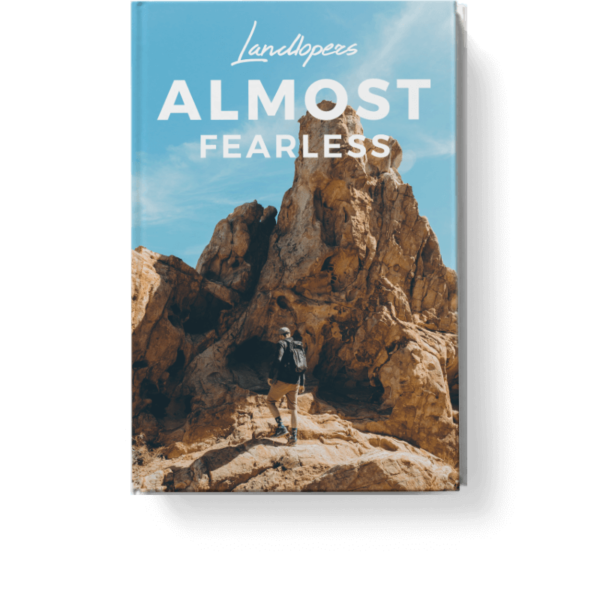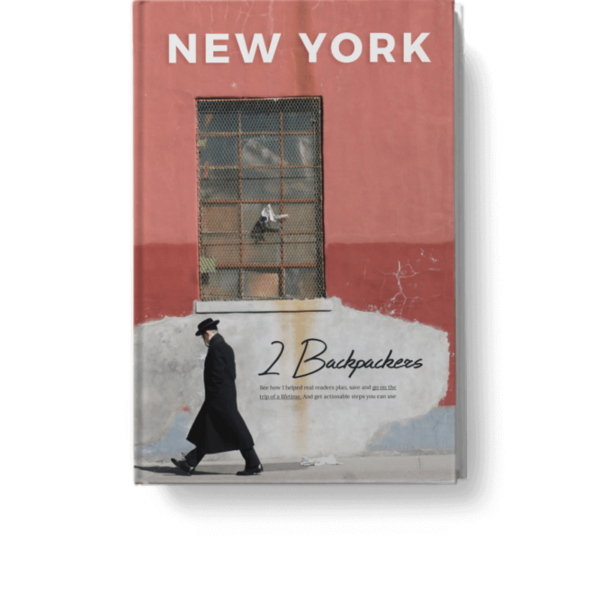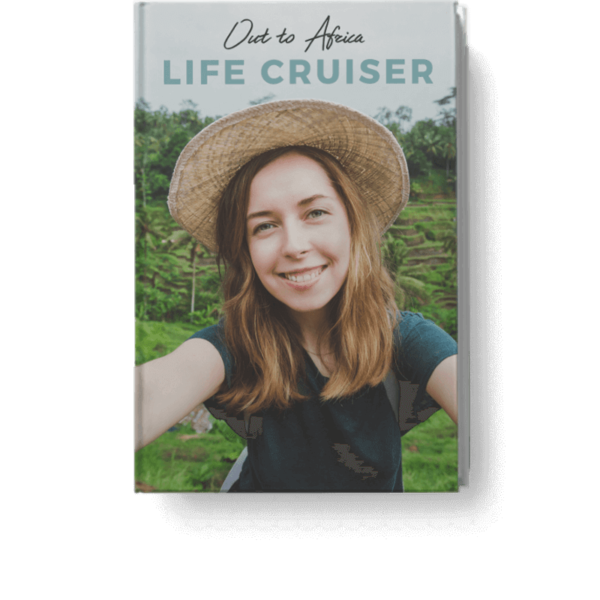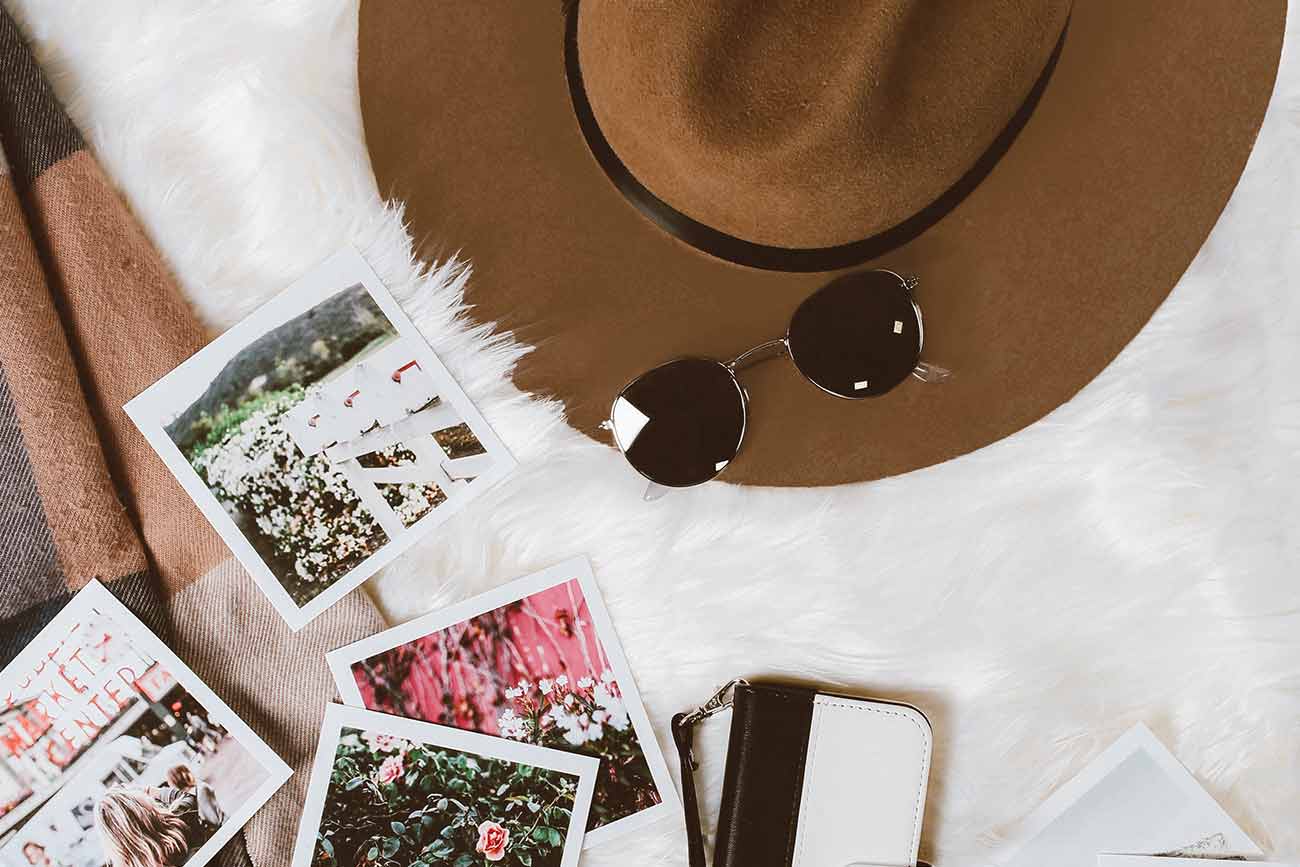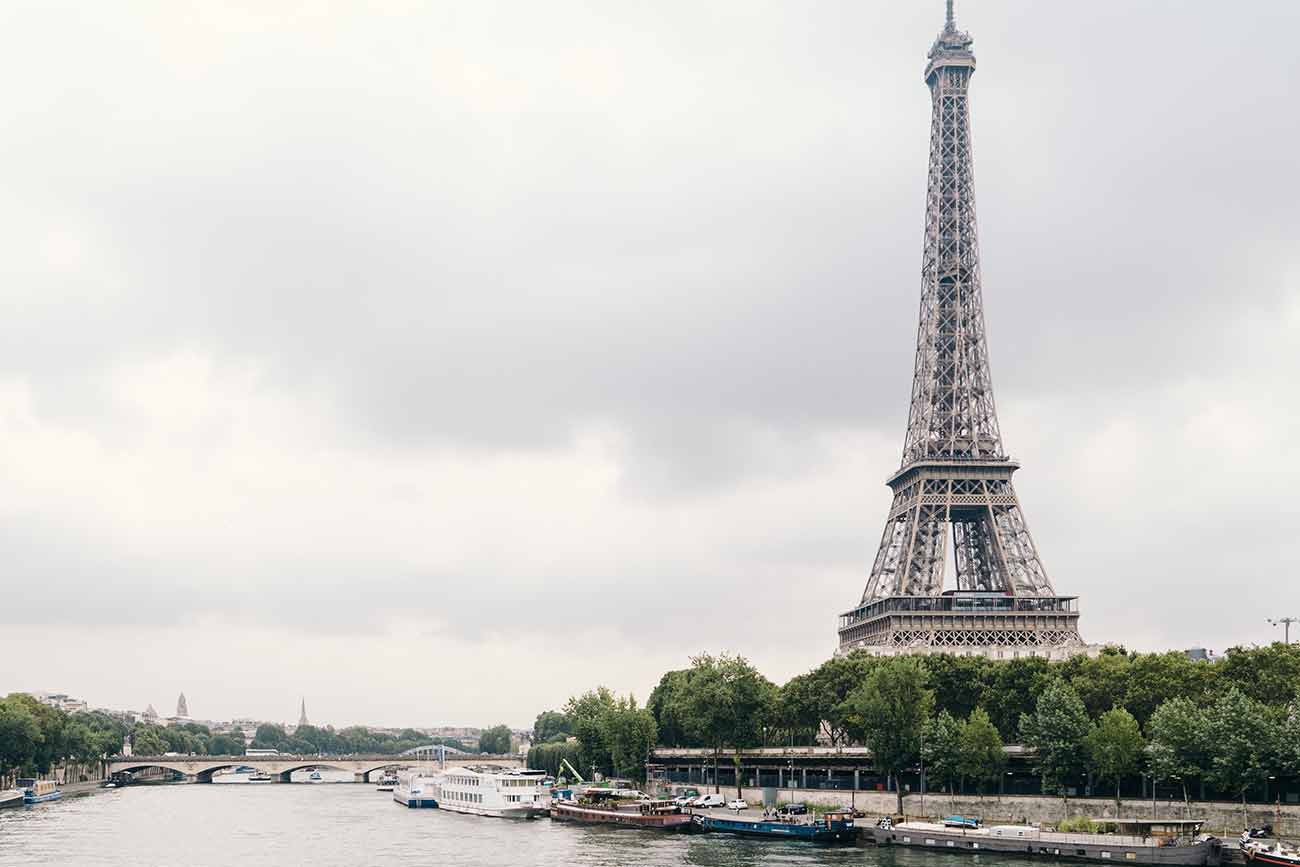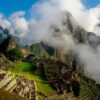Australia
Australia is the world’s smallest continent and sixth-largest country, surrounded by the Pacific and Indian Oceans. Known for its breathtaking natural wonders, vast deserts, and tal beauty, Australia is a dream destination for adventurers, beach lovers, and culture seekers. The country is a blend of vibrant cities, rich Indigenous history, and unique wildlife.
Here’s an overview of Australia
Australia is a diverse country, offering everything from pristine beaches and coral reefs to rugged mountain ranges and expansive deserts. Major cities like Sydney, Melbourne, Brisbane, and Perth offer world-class attractions, while the natural beauty of places like the Great Barrier Reef, Uluru, and Kakadu National Park draws visitors looking to explore the country’s wilderness.
If we talk about the culture
Australia is known for its diverse population, influenced by Indigenous cultures, British colonization, and waves of immigration from around the world. The culture is laid-back, multicultural, and deeply connected to nature, with an emphasis on outdoor activities and sports.
Indigenous Culture
Australia has a rich Indigenous heritage that spans thousands of years. The Aboriginal and Torres Strait Islander cultures are deeply rooted in the country’s history, and there are many opportunities to learn about Indigenous traditions, art, and stories.
Art: Aboriginal art is world-renowned, with vibrant paintings, dot art, and carvings that tell stories of the land, spirituality, and history.
Dreamtime: The Dreamtime refers to the Indigenous Australian belief system about the creation of the world, where ancestral spirits shaped the earth and its creatures.
Festivals and Events
Australia Day (January 26): The national day of Australia, marked by celebrations, fireworks, and barbecues. It is also a day of reflection on the history of the country, especially for Indigenous Australians.
Sydney New Year’s Eve (December 31): One of the world’s most spectacular New Year’s celebrations, featuring a massive fireworks display over Sydney Harbour.
Melbourne International Comedy Festival (March-April): One of the largest comedy festivals in the world, featuring performances by local and international comedians.
Vivid Sydney (May-June): An annual festival of light, music, and ideas, where the city is transformed with incredible light installations and interactive exhibits.
Tropfest (February): The world’s largest short film festival, held annually in Sydney, showcasing emerging filmmakers.
Things to See and Do in Australia
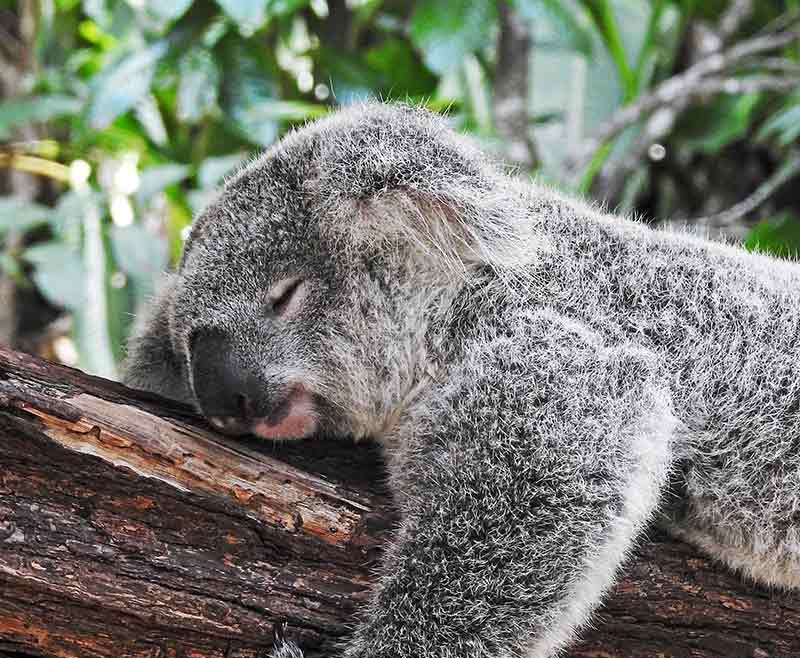
“The Professional Hobo”
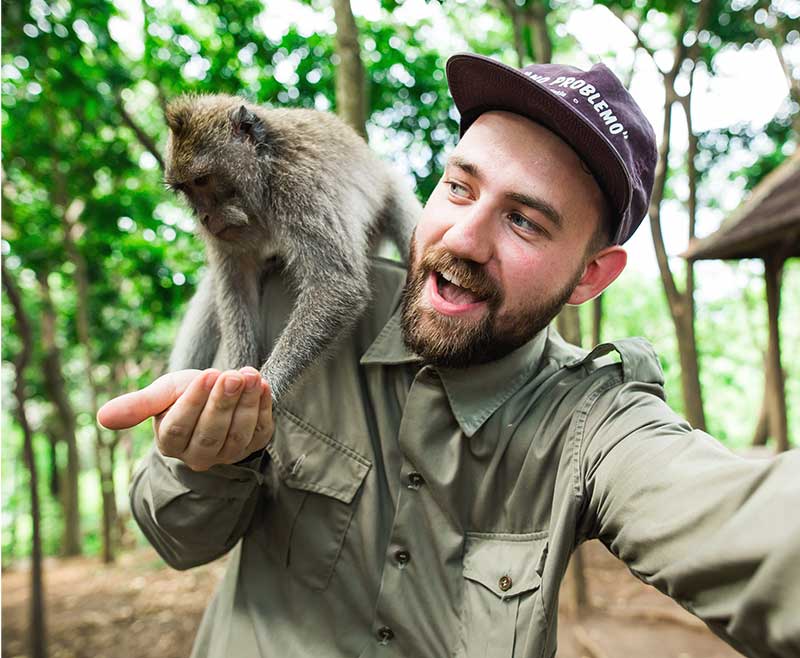
“Never Ending Footsteps”
Accommodation in Australia
Australia offers a wide range of accommodations to suit all budgets, from luxury resorts to backpacker hostels and campgrounds.
Luxury Options – The Langham (Melbourne): A luxurious hotel offering stunning views of the city skyline and Yarra River.
Qualia Resort (Hamilton Island): A secluded luxury resort on Hamilton Island in the Whitsundays, perfect for a romantic getaway.
The Park Hyatt (Sydney): Located near the Opera House and Harbour Bridge, this five-star hotel offers luxury amenities and breathtaking views.
Mid-Range Options -The Olsen (Melbourne): A stylish hotel with contemporary art and modern facilities.
QT Sydney: A chic, design-focused hotel in a historic building, offering a mix of luxury and comfort.
Ibis Styles (Sydney): An affordable yet comfortable option in central Sydney, ideal for budget travelers.
Budget Options – YHA Hostels (Across Australia): A network of budget-friendly hostels with locations in major cities and tourist destinations.
Backpackers Apartments (Byron Bay): Budget accommodation ideal for travelers looking for long stays or a homely environment.
Camping: Australia has many national parks and coastal areas where you can camp and enjoy the outdoors. Popular options include the Blue Mountains, Grampians, and Great Otway National Park.
Food in Australia
Australia’s cuisine is diverse and influenced by its multicultural population. You can find a variety of food options, from international dishes to unique Aussie favorites.
Must-Try Dishes – Vegemite: A classic Australian spread made from yeast extract, often served on toast with butter.
Meat Pies: A savory pastry filled with meat, gravy, and vegetables, often enjoyed as a snack or quick meal.
Pavlova: A meringue-based dessert topped with fresh fruit, claimed by both Australia and New Zealand.
Barramundi: A popular Australian fish, often grilled or fried, and served with a range of sides.
Tim Tams: A chocolate biscuit treat, often enjoyed with tea or coffee.
Dining Tips -Cafes and Coffee Culture: Australia has a thriving coffee culture, with Melbourne and Sydney being especially known for their coffee scenes. Try a flat white or long black at one of the many trendy cafes.
Barbecues (BBQs): Australians love their outdoor barbecues, and you can find plenty of opportunities to enjoy fresh seafood, steak, and sausages on the grill.

Budget Tips
Suggested daily budget Budget Traveler –
• Accommodation: AUD 30–50 (Hostels or budget motels)
• Food: AUD 15–25 (Local markets, food courts, or fast food)
• Transport: AUD 10–15 (Public transport day passes)
• Activities: AUD 10–20 (Free attractions or discounted tickets)
• Total: AUD 65–110 per day
Mid-Range Traveler –
• Accommodation: AUD 80–150 (Mid-range hotels or Airbnbs)
• Food: AUD 30–50 (Casual dining or popular cafes)
• Transport: AUD 15–25 (Public transport or occasional rideshare)
• Activities: AUD 20–50 (Paid attractions and guided tours)
• Total: AUD 145–275 per day
Luxury Traveler –
• Accommodation: AUD 250–500+ (Luxury hotels or resorts)
• Food: AUD 70–150 (Fine dining or premium restaurants)
• Transport: AUD 50–100 (Private car hire or luxury transfers)
• Activities: AUD 50–150+ (Exclusive experiences or private tours)
• Total: AUD 420–900+ per day
Additional Costs to Consider –
• Travel Insurance: AUD 5–10 per day (highly recommended for health coverage and emergencies).
• SIM Cards or Portable Wi-Fi: AUD 10–30 for prepaid plans or AUD 5–10 per day for portable Wi-Fi rental.
• Tips: Tipping is not mandatory in Australia, but rounding up bills or tipping 10% for exceptional service is appreciated.
• National Park Fees: Some parks charge entry fees, typically AUD 10–20 per vehicle.
• Souvenirs: AUD 20–50 depending on the type and quality of items.
Money Saving Tips
The best time to visit Australia depends on your preferences
December to February (Summer): Perfect for visiting the beaches and exploring outdoor attractions. Ideal for a coastal road trip or enjoying the Australian summer.
March to May (Autumn): Offers mild temperatures and fewer crowds, making it a great time to explore cities and nature.
June to August (Winter): Ideal for visiting northern regions like Queensland or taking a winter break in the snow-capped mountains of the southern states.
September to November (Spring): A great time for outdoor activities and wildlife watching, especially in places like Kangaroo Island and the Great Barrier Reef.
Stay Connected in Australia: A Guide for Indian Travelers
Australia, with its breathtaking landscapes, iconic landmarks, and rich cultural experiences, offers something for every traveler. Whether you’re planning a budget-friendly trip or a luxurious getaway, staying connected and managing your finances are key to making the most of your adventure.
Transportation
• Use public transport systems like buses, trains, and ferries. Get a Myki Card in Melbourne or an Opal Card in Sydney for discounted travel. Consider walking or renting bicycles for short distances.
Dining
• Visit local markets like Queen Victoria Market in Melbourne or food courts for affordable meals. Apps like EatClub offer last-minute discounts at restaurants.
Accommodation
• Stay in budget-friendly hostels, motels, or Airbnbs. Use platforms like Booking.com or Hostelworld to find deals.
Attractions
• Take advantage of free or low-cost attractions like Bondi Beach, Royal Botanic Gardens, and national parks. Look for city passes like the Melbourne Attraction Pass to save on entry fees.
August 24, 2018



